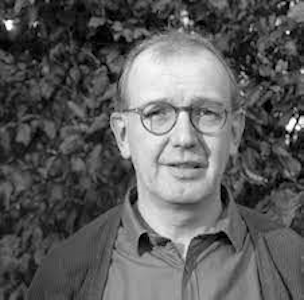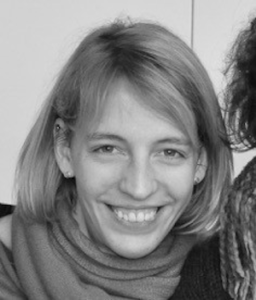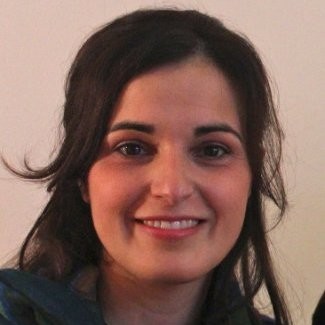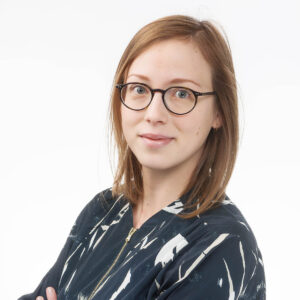Marc Van den Bulcke
Marc Van den Bulcke obtained a PhD in sciences at the Laboratory of Genetics, University of Ghent (Belgium). He worked for about 7 years within the biotech industry at Plant Genetic Systems where he was involved in regulatory affairs and biotech product quality assurance. Since 2003, he works at Sciensano, where he supported the establishment of the National Reference Laboratory on GMO detection. From 2009-2012, he worked as a contract agent at the ‘Institute of Health and Consumer Protection’ at the Joint Research Centre of the European Commission where he coordinated policy-support research in molecular detection.
Since 2013, he heads the Cancer Centre. A particular initiative is the introduction of ‘omics’ as tool in personalized medicine in oncology based on advances in translational research and public health. Other key activities of the Cancer Centre focus on models to support the socio-professional reintegration of cancer patients, on screening and early detection, on psycho-social and palliative care and on integrating opinions of patients, citizens and general practitioners in the policy support activities of the Cancer Centre. Also, various collaboration at EC level through several Joint Actions and several projects now within the EBCP has been a key interest of the Cancer Centre.




